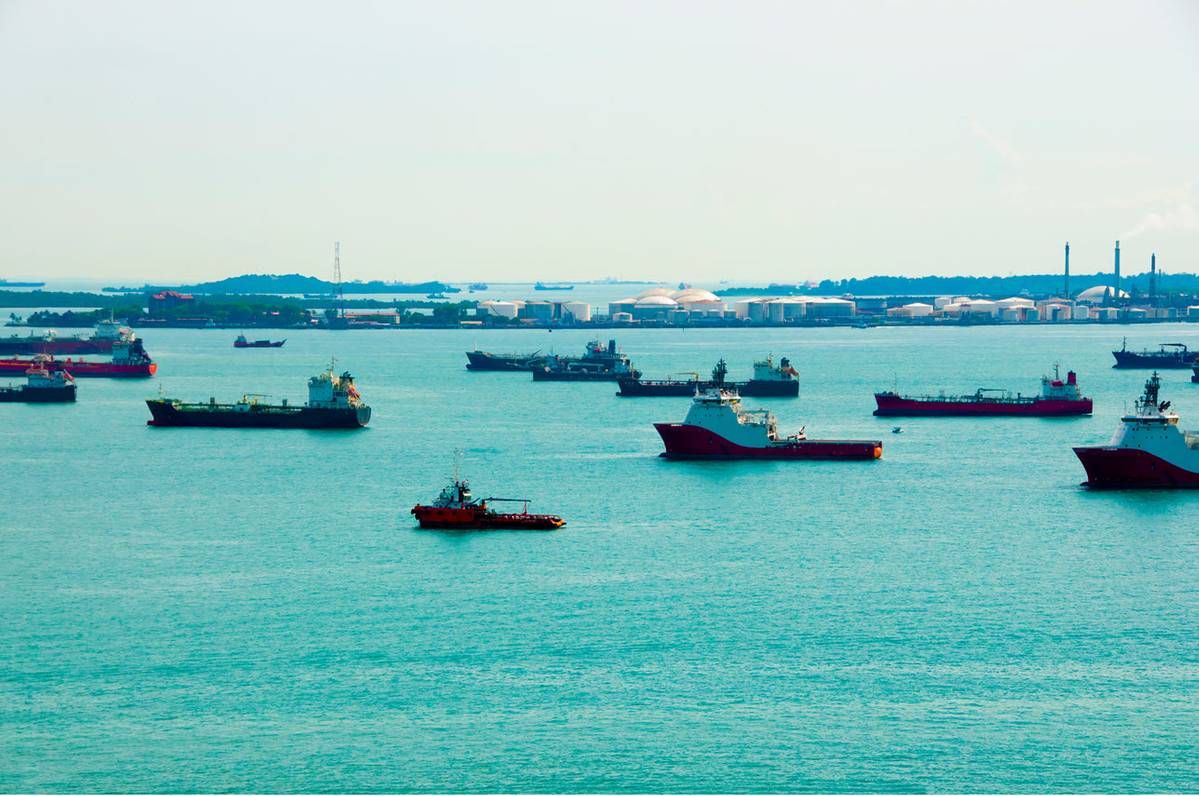Australia-Singapore Initiative to Accelerate Adoption of Low Emissions Technologies in Maritime Sector
Key Ideas
- Australia and Singapore have jointly selected eight projects for funding under ASLET to advance zero or near-zero GHG emission technologies in the maritime sector.
- The projects encompass a wide range of activities, including the use of hydrogen, ammonia, and methanol, safety training programs, supply chain studies, and adoption of hydrogen fuel cells.
- These initiatives aim to accelerate decarbonization and digitization of shipping routes between the two countries, supported by the collaboration between CSIRO, MPA, and various universities and industry partners.
- Through innovative solutions and advanced technologies, the projects seek to drive the transition towards sustainable and low-emission practices in maritime and port operations.
The Australia-Singapore Initiative on Low Emissions Technologies (ASLET) has announced the selection of eight projects for funding as part of a A$20 million initiative aimed at reducing emissions in the maritime sector. This initiative is aligned with the goals of the Singapore and Australia Green and Digital Shipping Corridor (GDSC), which seeks to facilitate decarbonization and digitization of shipping routes between the two countries. The selected projects cover a diverse range of activities, including the utilization of hydrogen, ammonia, and methanol, as well as safety and environmental monitoring, electrification, and the development of digital tools. Notably, the projects aim to accelerate the deployment and uptake of zero or near-zero greenhouse gas emission technologies for maritime and port operations.
The initiatives include the design of an ammonia safety training program, a study on the supply chain for green methanol, development of a modular hydrogen separation and compression system, and the introduction of a fully electric ferry project. Additional projects focus on digital tools for environmental and safety analysis, AI-based systems for managing ammonia and hydrogen fuels, and the implementation of a safety system to detect harmful fuel leaks. Furthermore, efforts are directed towards promoting the adoption of hydrogen fuel cells for harbor craft, emphasizing the role of green hydrogen in powering maritime vessels. These projects are expected to play a crucial role in advancing sustainable practices and driving the transition towards low-emission technologies in the maritime industry. By fostering collaboration among research institutions, industry partners, and government agencies, the ASLET initiative aims to support innovative solutions that contribute to a cleaner and more efficient maritime sector.
Topics
Training
Energy Transition
Grant Funding
Technology Innovation
Collaboration
Maritime Industry
Emissions Reduction
Green Shipping
Research Projects
Latest News
